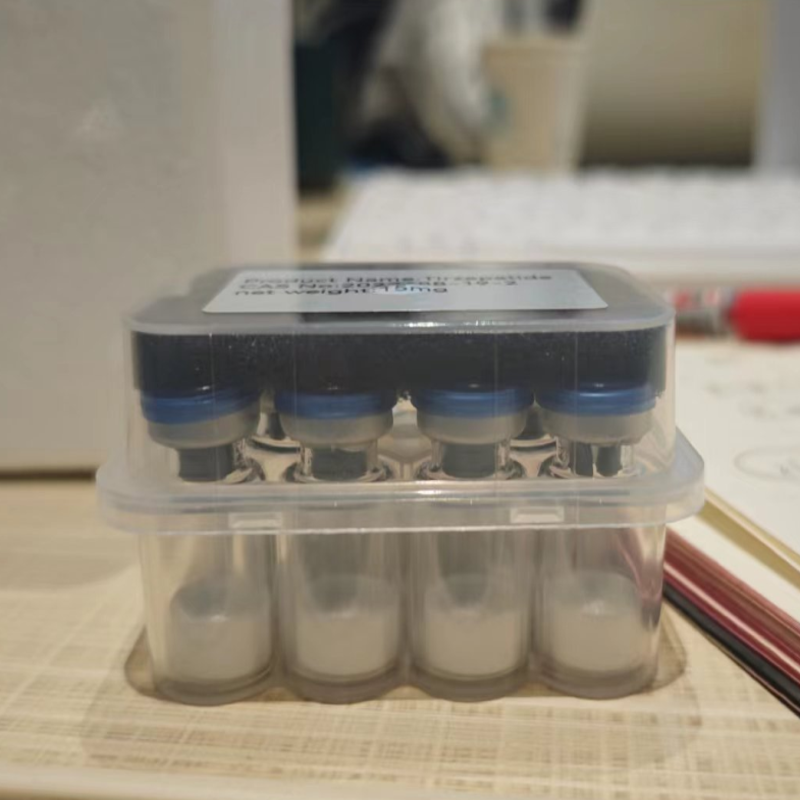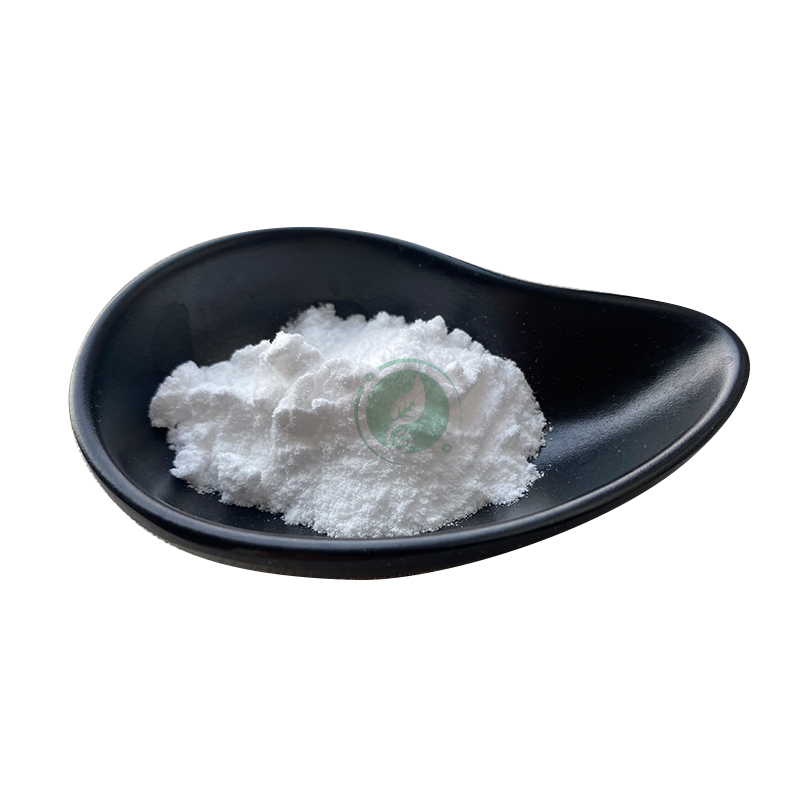FDA approves Piqray (alpelisib) pills in combination with fulvestrant for treatment of advanced or metastatic breast cancer
-
Last Update: 2020-06-09
-
Source: Internet
-
Author: User
Search more information of high quality chemicals, good prices and reliable suppliers, visit
www.echemi.com
recently, the U.SFood andDrug(http://Administration (
http://announced that the Ppelray (alpelisib) pill and fulvestrant combination therapy has been approved for the treatment of hormone receptor (HR) positive, human epidermal growth factor receptor 2 (HER2) negative, PIK3CA mutation of advanced or metastatic breast cancerThese pills were approved for use in both men and postmenopausal women, whose disease progresses after receiving endocrine therapythe drug is also approved in conjunction with the accompanying diagnostictest(http://therascreen PIK3CA RGQ PCRreagent(http://box, which can detect(http:// PIK3CA mutations in tissue or liquid biopsies According to the manufacturer's prescription information, Piqray's recommended dose is once a day, at 300 mg (two 150 mg tablets) The approval was based on data from the SOLAR-1 trial, which included 572 men and postmenopausal women with HR-positive, HER2-negative, advanced or metastatic breast cancer, and progressed after treatment with aromatase inhibitors In patients with a combination of PIK3CA mutations, the median progression survival in patients treated with Pikray and Fulvestrant was 11 months, compared with 5.7 months in patients treated alone without progression The total efficiency of patients treated with Piqray and fulvestrant was 35.7% and 16.2%, respectively, compared with those treated with fulvestrant alone safety clinicians should monitor severe allergic reactions in patients who are taking Piqray and should warn patients of possible severe skin reactions Patients with a history of severe skin reactions should disable Piqray, such as Stevens-Johnson syndrome, polymorphic erythema, or toxic epidermal necrosis Because patients taking Piqray are at risk of severe hyperglycemia, clinicians should check the patient's fasting blood sugar and hemoglobin A1c to optimize blood sugar control Patients using Piqray also reported severe pneumonia/interstitial lung disease and diarrhea, and clinicians are advised to monitor the patient during treatment Piqray was approved to Novartis, while the Rascreen PIK3CA RGQ PCR kit was approved to QIAGEN Manchester Ltd
This article is an English version of an article which is originally in the Chinese language on echemi.com and is provided for information purposes only.
This website makes no representation or warranty of any kind, either expressed or implied, as to the accuracy, completeness ownership or reliability of
the article or any translations thereof. If you have any concerns or complaints relating to the article, please send an email, providing a detailed
description of the concern or complaint, to
service@echemi.com. A staff member will contact you within 5 working days. Once verified, infringing content
will be removed immediately.







